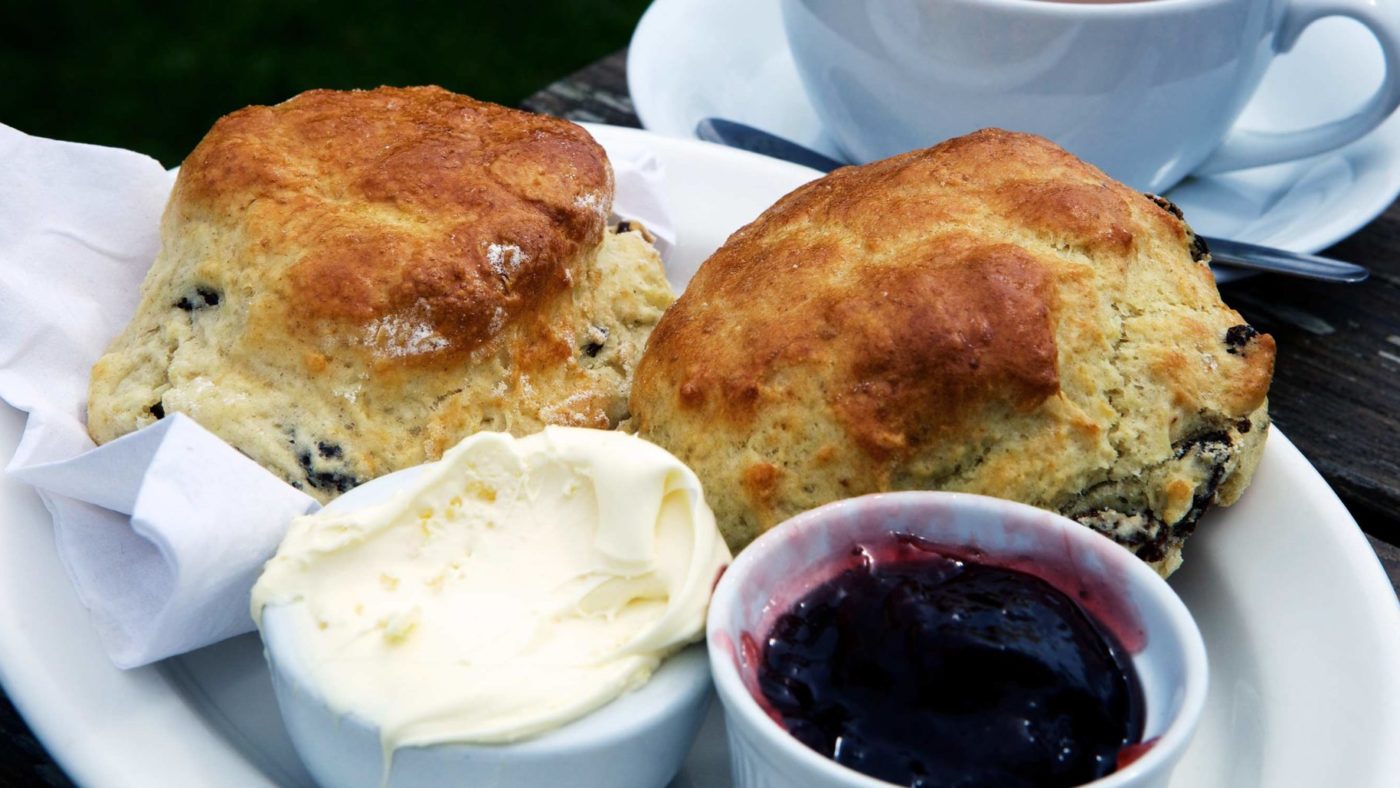In the name of tackling childhood obesity, the Government is now proposing to ban all online advertising of unhealthy foods. This extends to social media, commercial websites, personal business websites, promotional emails and text messages.
The definition of what is unhealthy is laughable. It ranges from fish fingers and scones with jam and cream to pub favourites like scotch eggs and classics like fish and chips.
In practice, the ban would mean takeaways could not post images of their food online. Small, independent shops would also be prevented from using their social media feeds to show off their products, removing a key source of promotion for small businesses. Ironically, even many of the foods advertised in the Government’s own ‘Food is Great’ campaign, which promotes British salmon, cream tea and whisky, would be banned.
Many may find online ads annoying. But advertising benefits consumers in important ways. Have you ever found out about a local restaurant or takeaway online? Or perhaps ordered a cake from a local bakery you came across on Facebook?
Advertising saves us time and reduces the ‘search costs’ of finding new places to eat or drink. There’s also compelling evidence that advertising tends to reduce prices, boost competition and increase product quality.
The Government’s Impact Assessment fails to mention any of these costs to consumers and glosses over costs to businesses. They simply haven’t thought this through.
The proposed ban will have huge ramifications for the food and advertising industries. This is particularly true for small and local businesses that increasingly rely on online ads and are facing huge pressures from the Covid-19 pandemic.
Research from the Internet Advertising Bureau found 69% of SMEs use online advertising (both free and paid). Of those companies, 64% believe digital advertising is now more important to the future of their business in recovering from the pandemic. Up to 45% of the UK’s total digital ad spend comes from SME spend, coming in at over £7bn in 2019.
There were approximately 7,130 SMEs in the food and drink sector with turnover of around £21 billion and 135,000 employees in 2019. In the food sector (excluding beverages), SMEs accounted for 79% of businesses, 27% of employment and 17% of turnover.
The ban also flies in the face of the Government’s regional ‘levelling up’ agenda. Not only will established classics from Scotland’s Walker’s shortbread to Birmingham’s Cadbury’s be affected. Smaller, independent producers, all over the country will see their outreach curbed. Even London’s famous greasy spoons will not be able to advertise a Full English online.
And for all those huge downsides, the ban won’t even work. The Government’s own estimates say the ad ban will reduce children’s calorie consumption by just 2.8 calories per day.
And even this is likely to be an exaggeration. The review that the Government’s calculations are based on – Viner et. al (2019) – does not contain any studies that simulate a realistic environment in which children are exposed to ‘junk food’ advertisements. In all of the 11 studies included, children were allowed to consume an unlimited quantity of food at no cost and none featured parental supervision.
As for adults, adverts do not brainwash us into buying things we would not want otherwise. Decades of economic research instead points to the conclusion that advertising influences our choice of brand within a particular product category. In other words, seeing a YouTube ad for McDonalds doesn’t magically force us to order a Big Mac—it encourages us to choose McDonald’s over Burger King or KFC next time we want a burger and chips.
The proposed ban is worse than useless. It will reduce consumer choice, hurt business and won’t reduce obesity. That’s why the Adam Smith Institute has today launched the Scrap the Mad Ad Ban campaign. We are encouraging people to take a stand against this dreadful policy before it’s too late.
Click here to subscribe to our daily briefing – the best pieces from CapX and across the web.
CapX depends on the generosity of its readers. If you value what we do, please consider making a donation.


